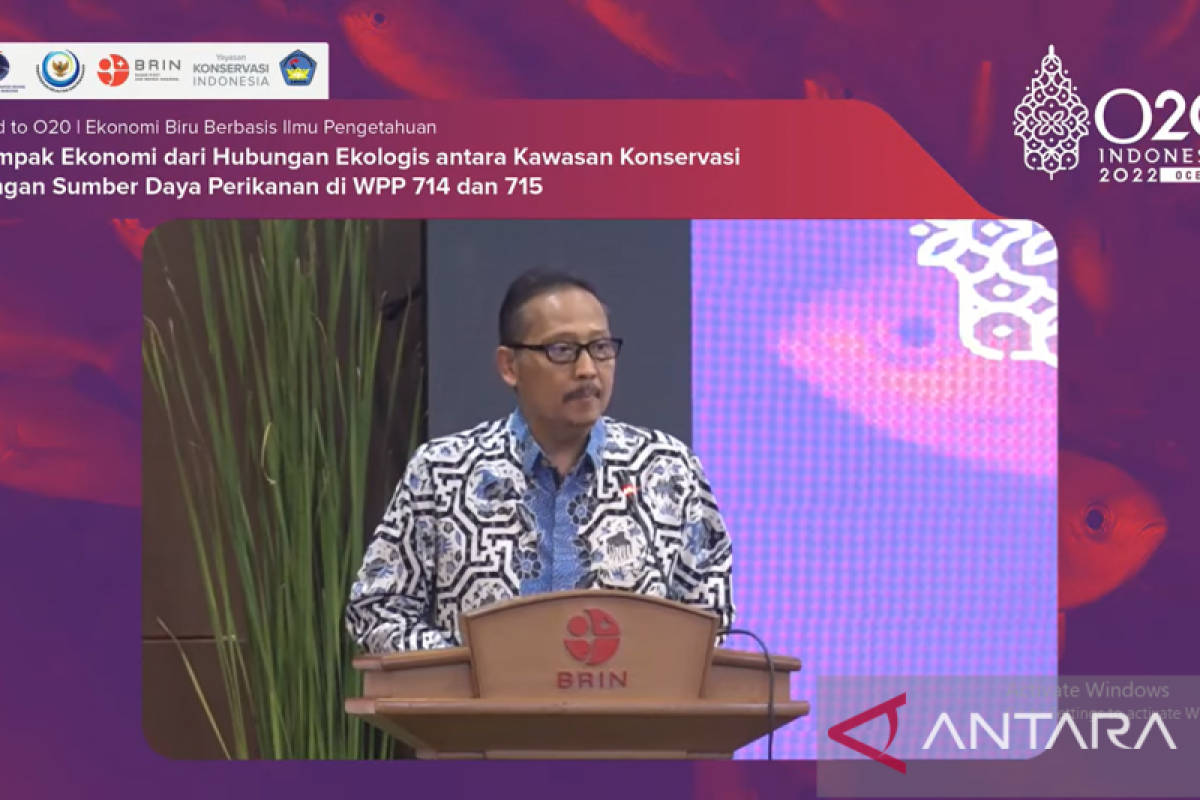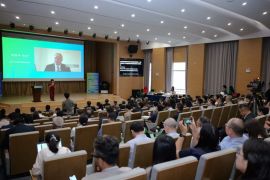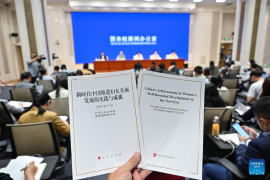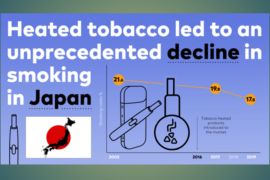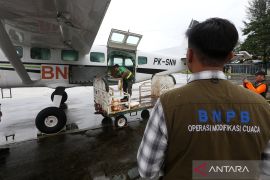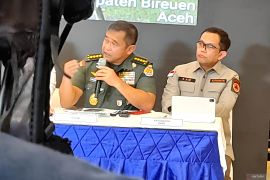The “UK–Indonesia Partnerships for Advancing Geohazard Science for Disaster Risk Assessment in Indonesia” was introduced on Thursday by Ocky Karna Radjasa, head of the Earth and Maritime Research Organization at the National Research and Innovation Agency (BRIN).
He said the initiative would boost national research capacity and ensure policy decisions are grounded in science.
“This collaboration is a model of how science, policy, and society must work together to address the challenges of geological disasters,” Radjasa told reporters.
The white paper sets out a strategic framework for integrating data, improving early warning systems, and embedding disaster risk reduction into national development plans.
It follows the UK-Indonesia Solutions Symposium on Geohazard Science held in Jakarta earlier this year and aligns with Indonesia’s “Vision 2035” goal of becoming a disaster-resilient nation.
One key proposal is the establishment of a UK–Indonesia Geohazard Disaster Resilience Partnership to promote joint research, policy dialogue, and technology transfer.
Related news: UI, UK varsity to collaborate on climate change research
Radjasa said the plan is designed to address critical gaps, including limited data, weak institutional coordination, and the need for a multi-hazard approach to risk management.
The paper also calls for long-term investment in multi-hazard research, a national policy on geohazard data, stronger human resource capacity, and the integration of risk reduction strategies into development planning.
All measures, he added, are directed at achieving Vision 2035: zero deaths from geological disasters, a nationwide multi-hazard warning system, and a society empowered in risk awareness.
The roadmap outlines short-term steps over the next two to five years, including strengthening national institutions, building integrated data systems, carrying out local case studies, and establishing a Center for Geohazard Solutions to connect research, policy, and practice.
Related news: Indonesian researcher bags Newton Prize for research on climate change
Translator: Resinta Sulistiyandari
Editor: Rahmad Nasution
Copyright © ANTARA 2025
